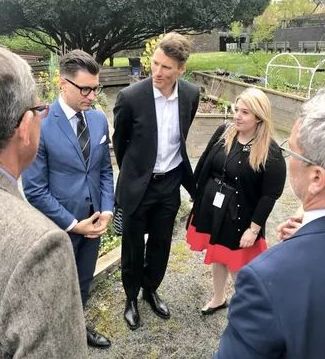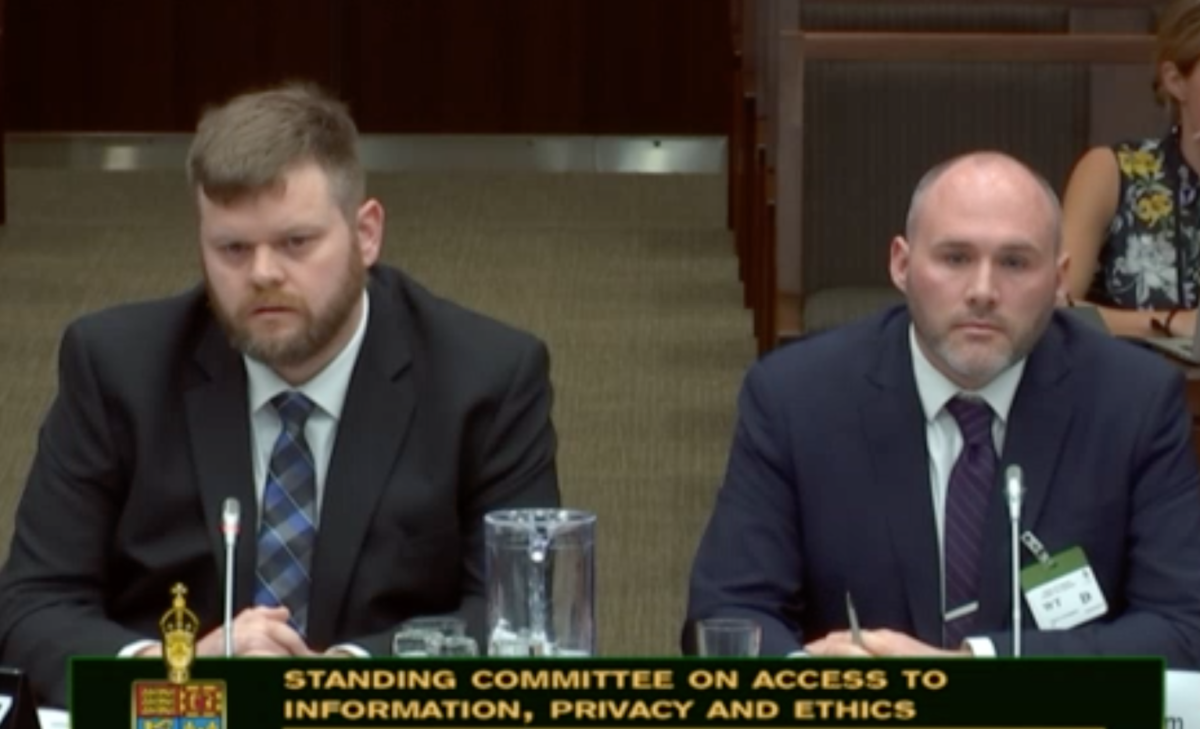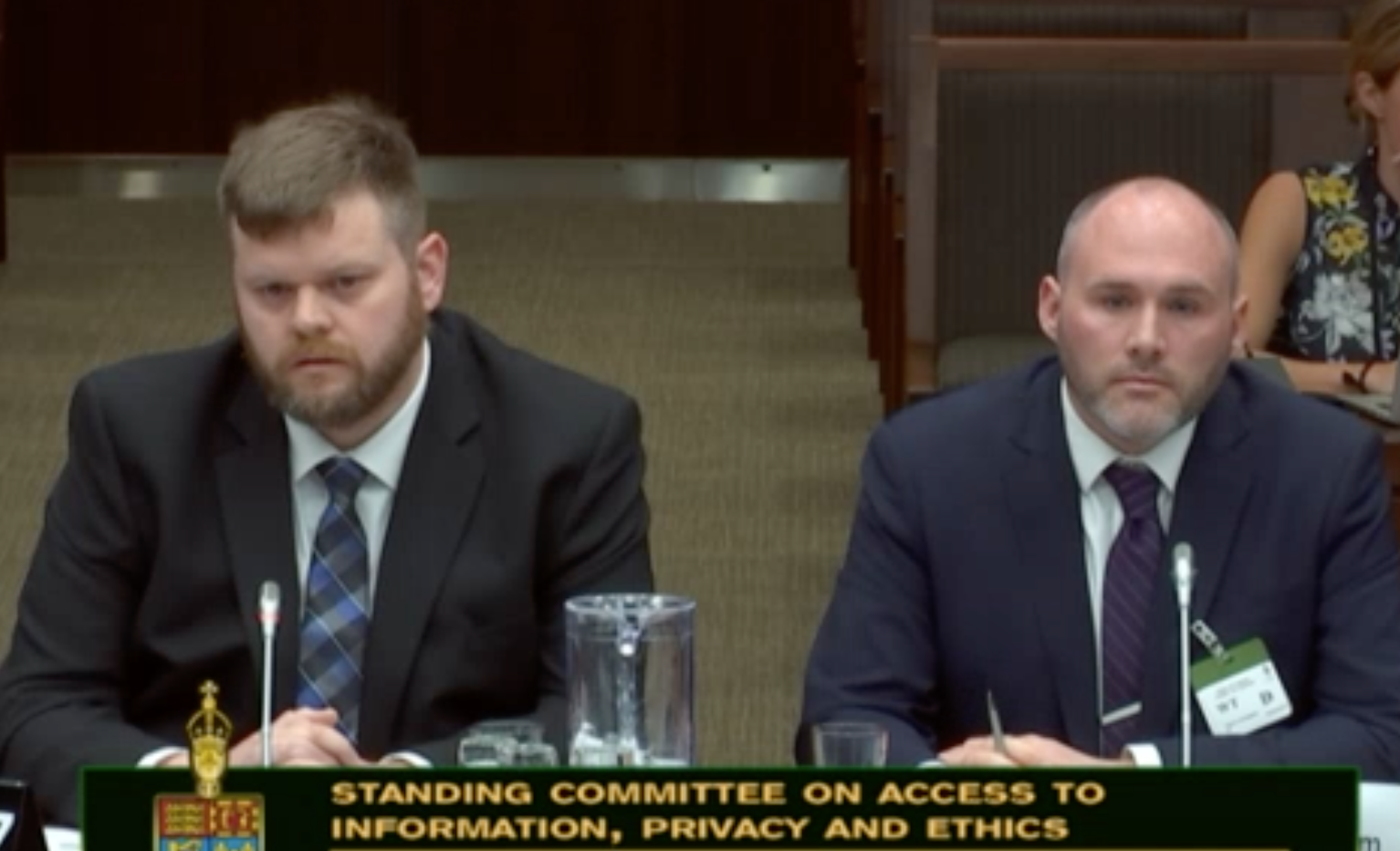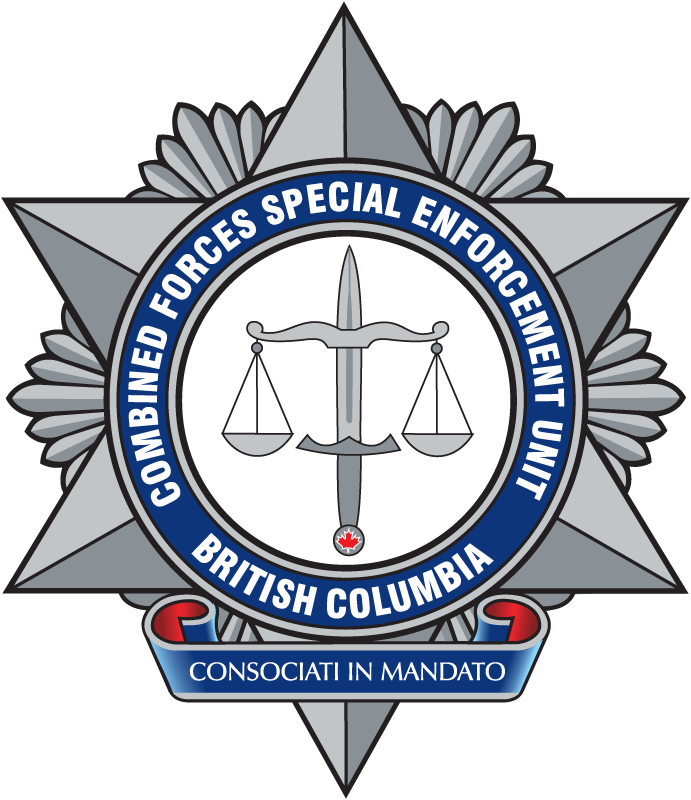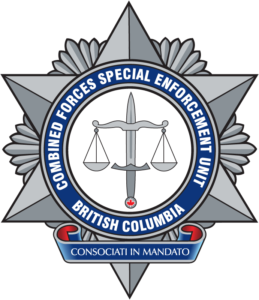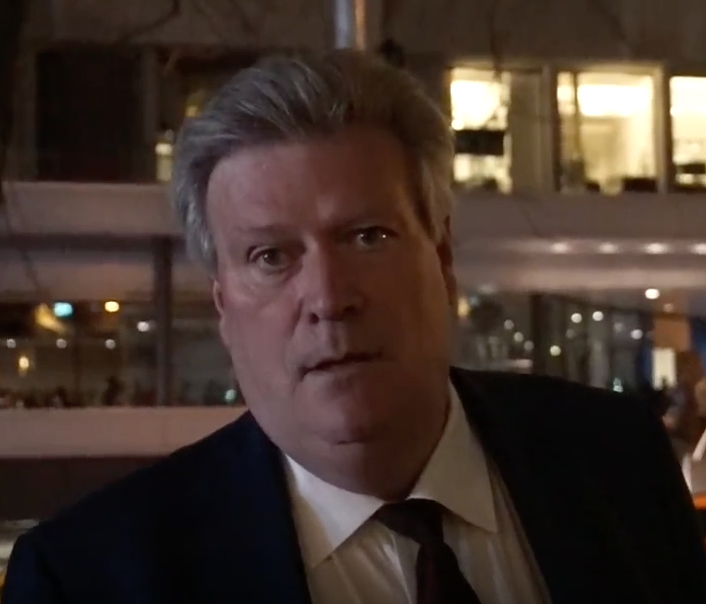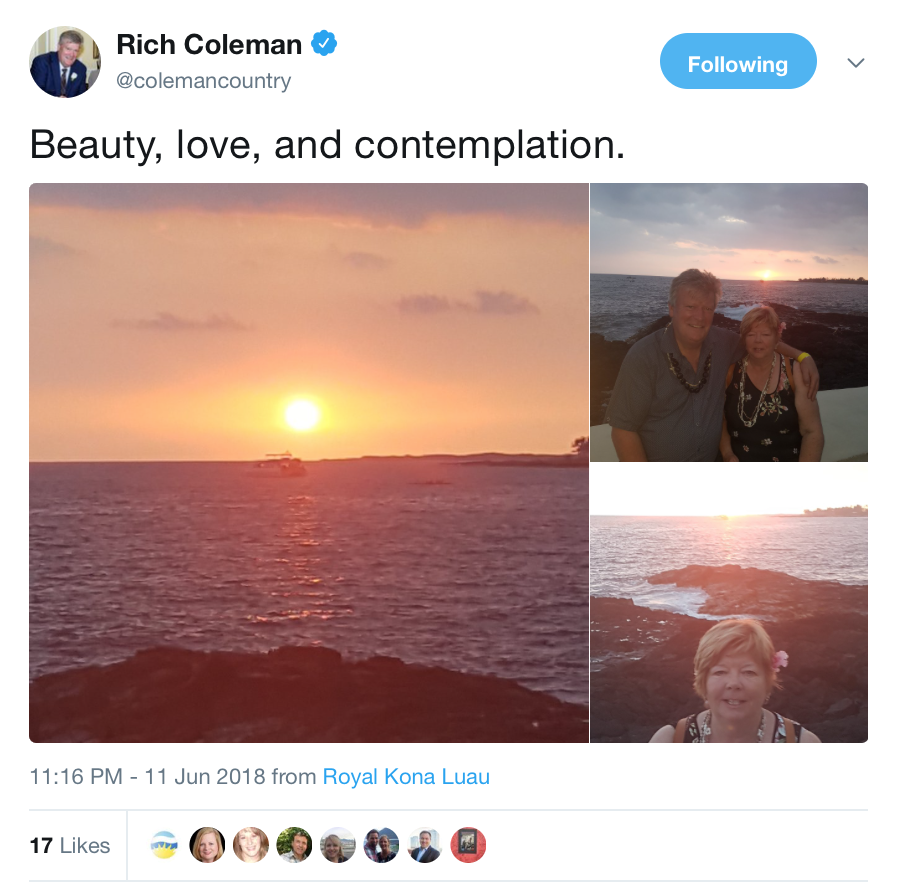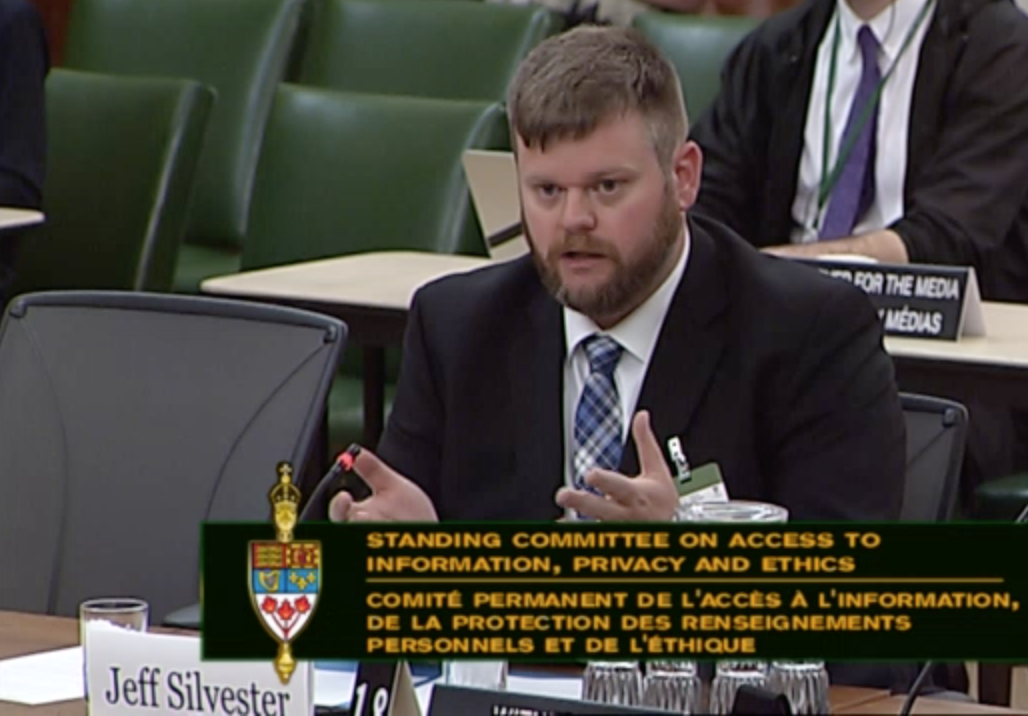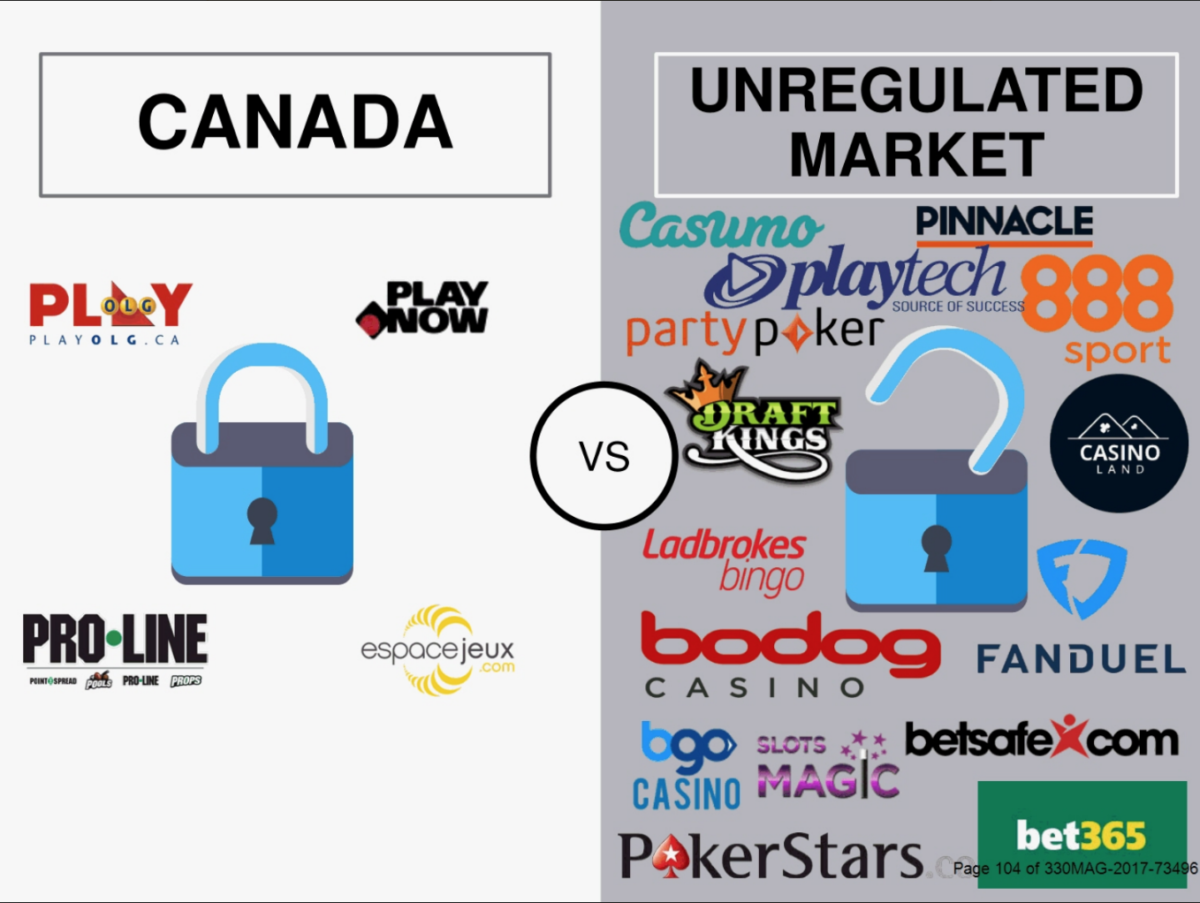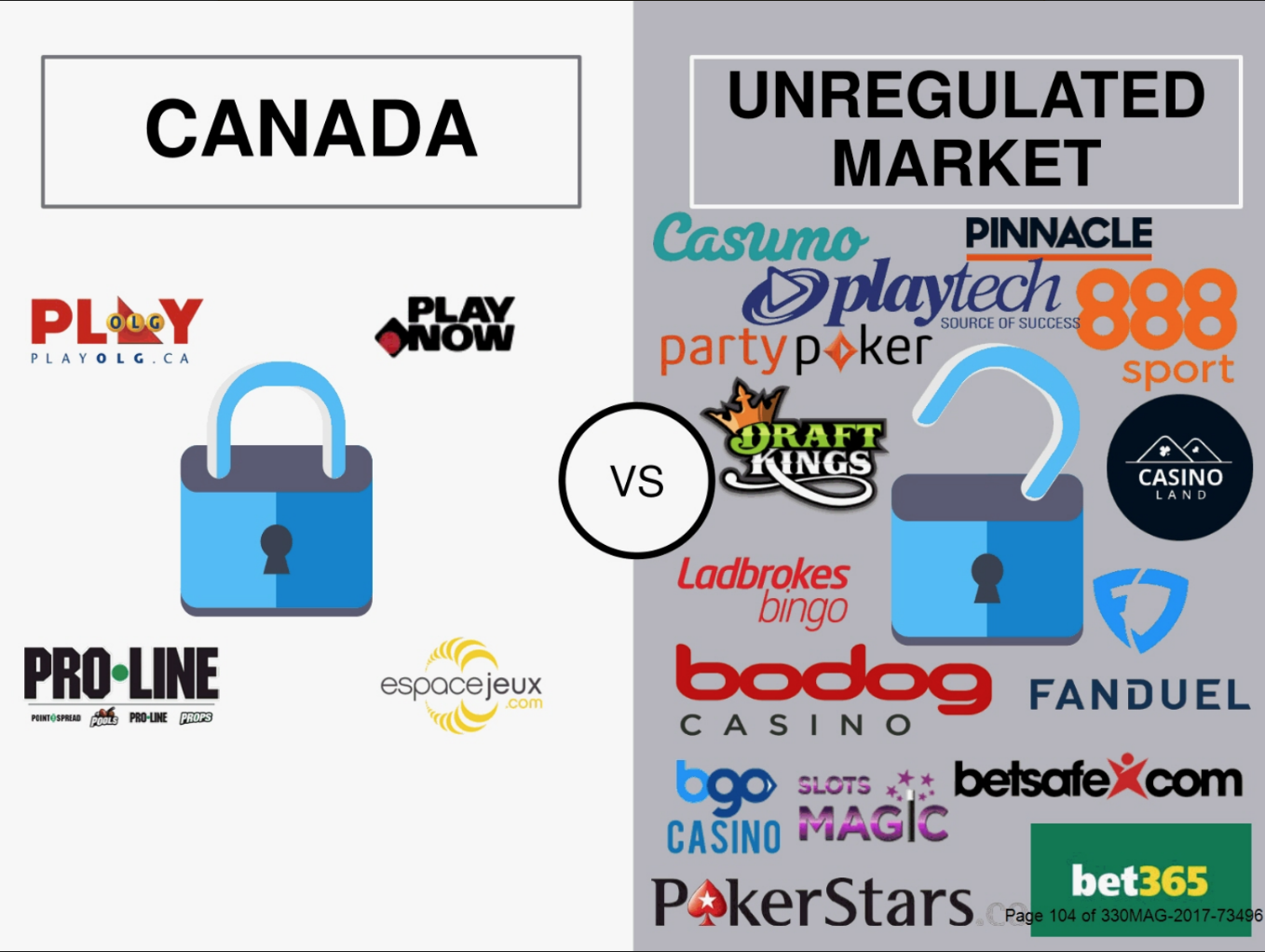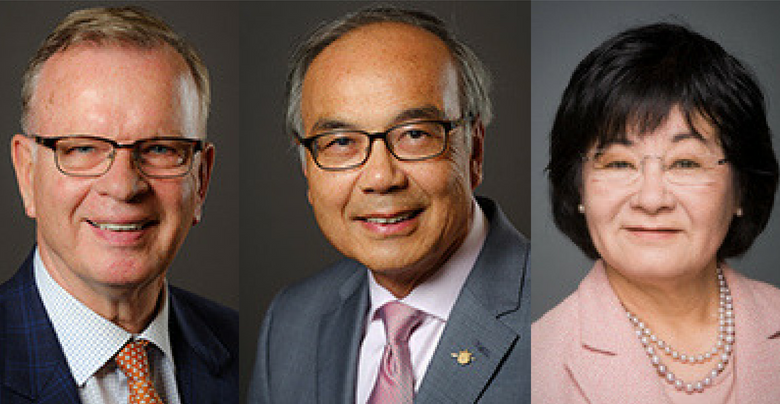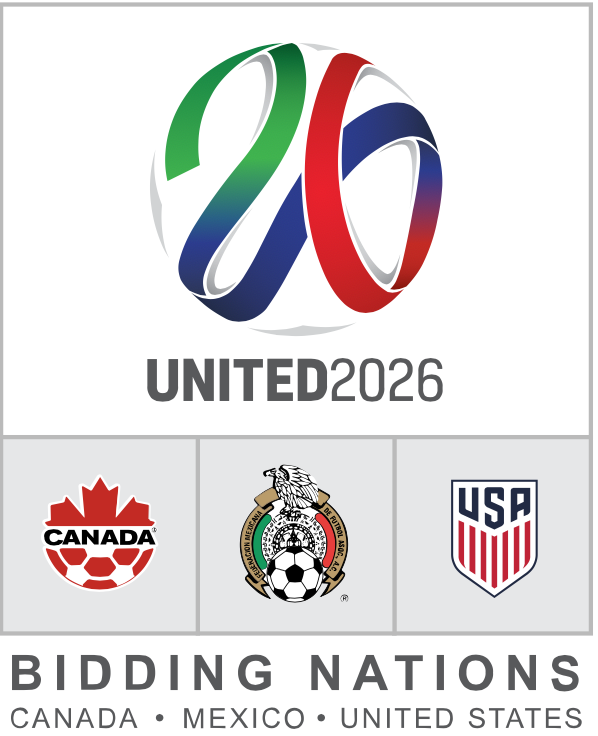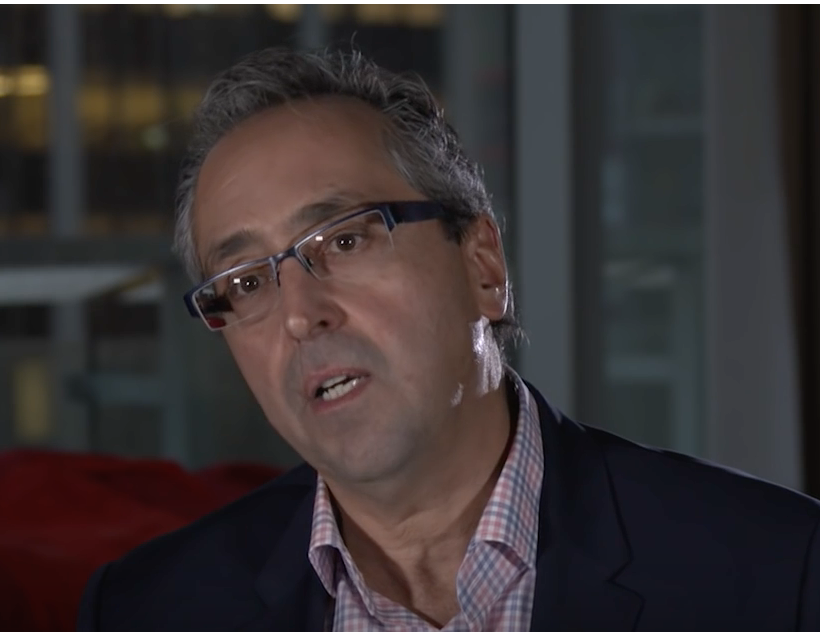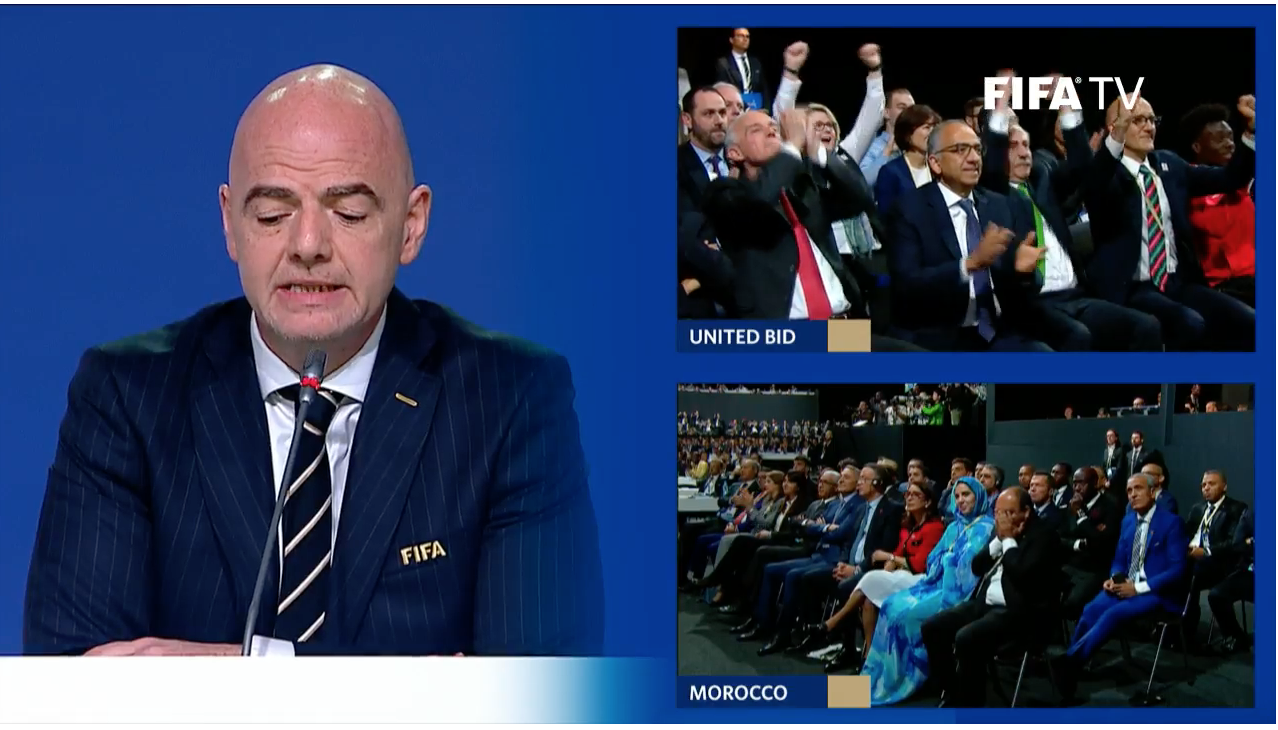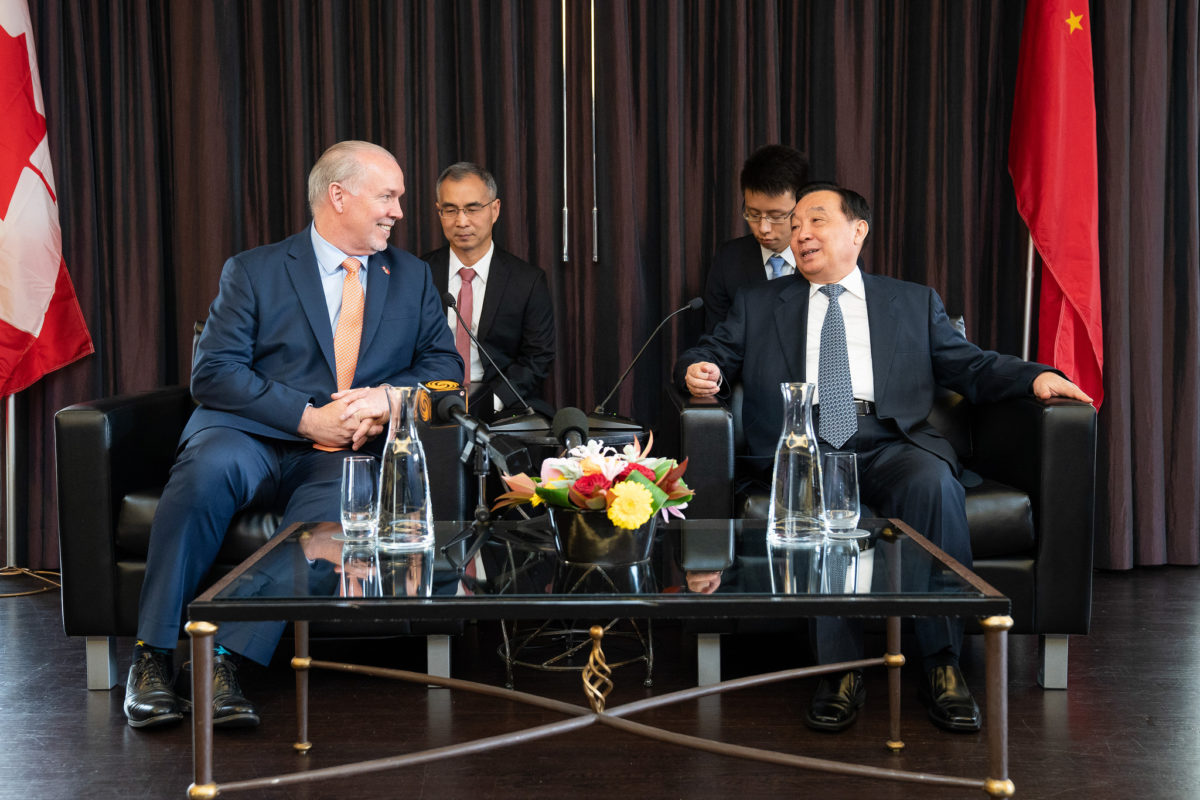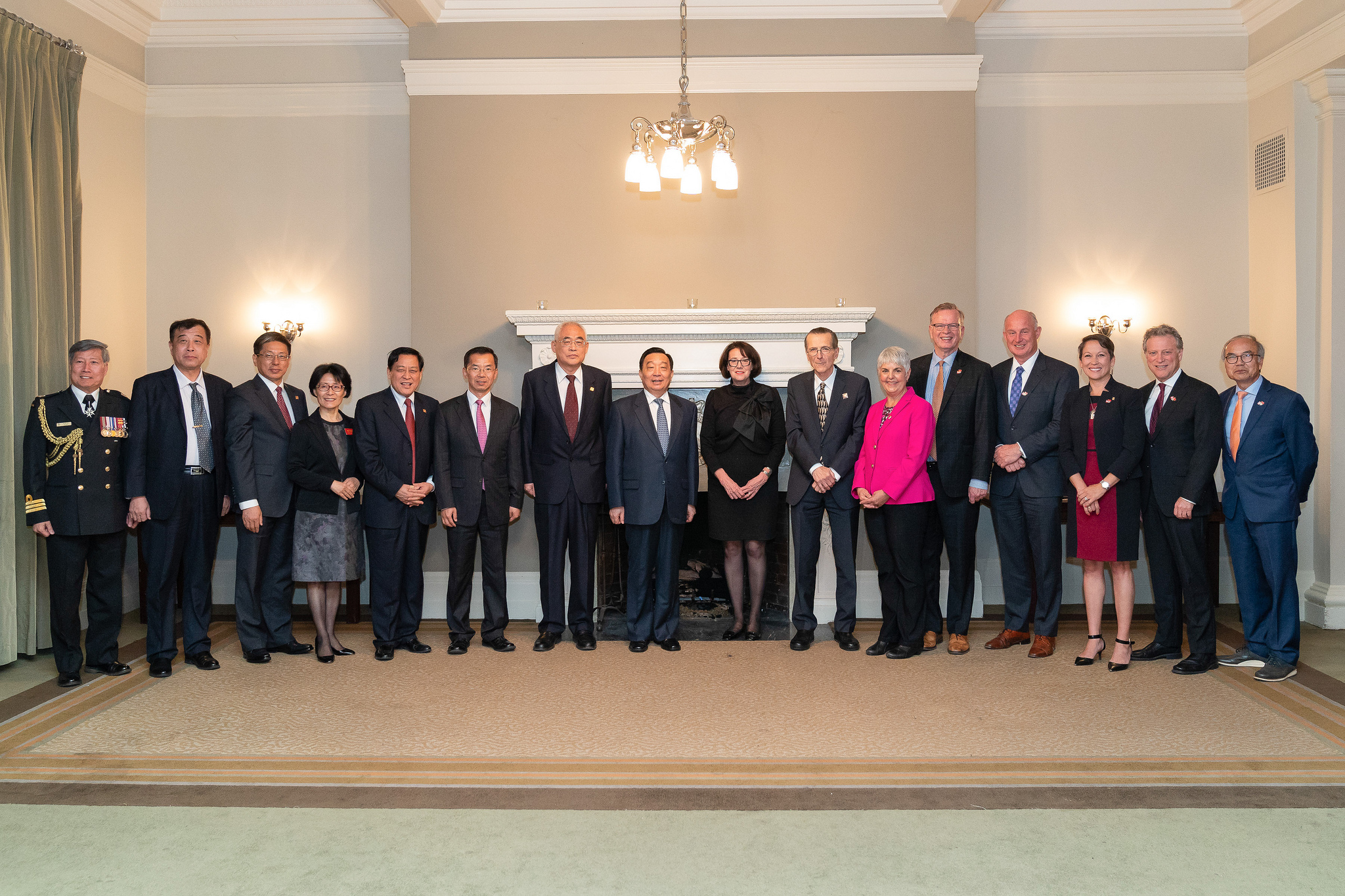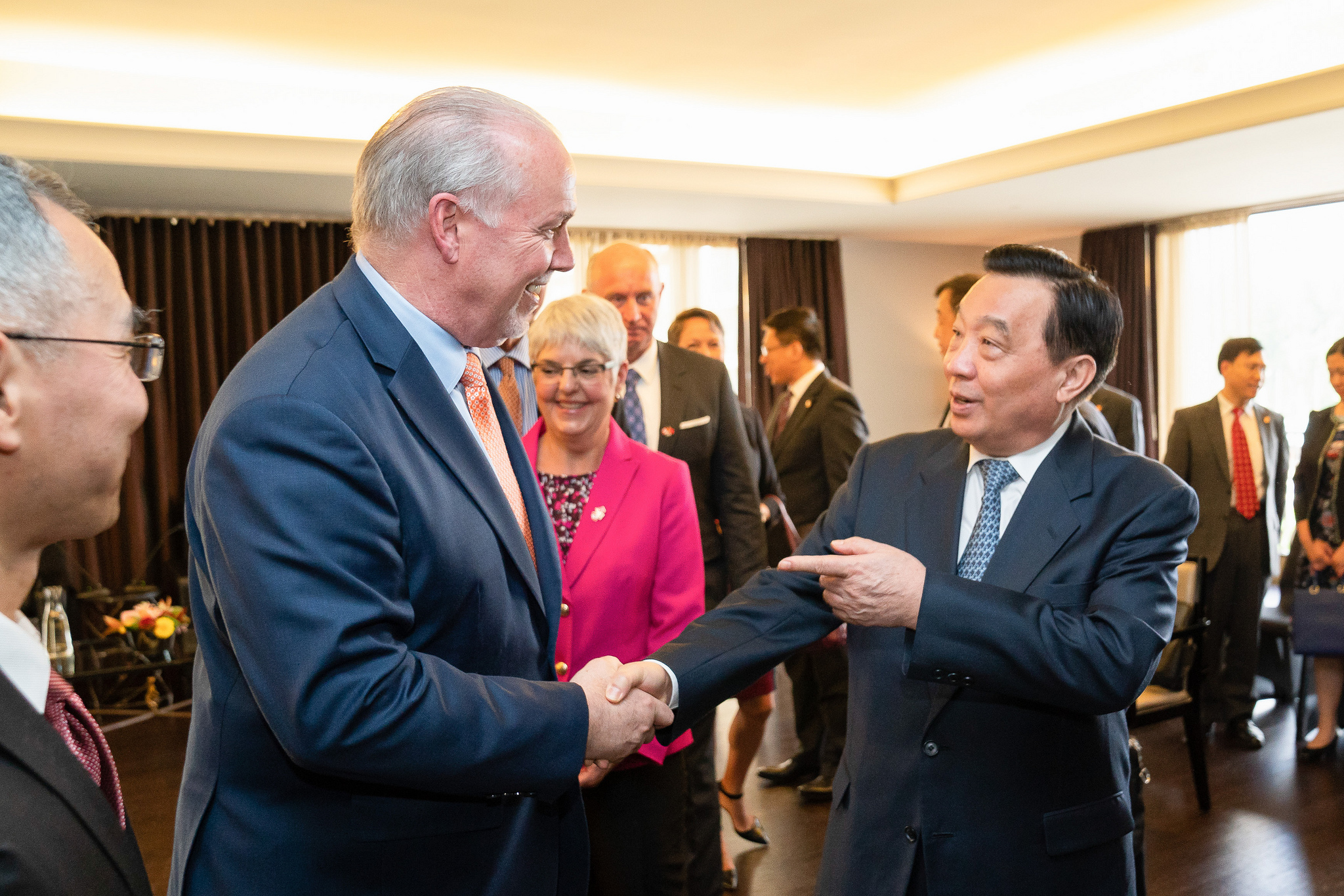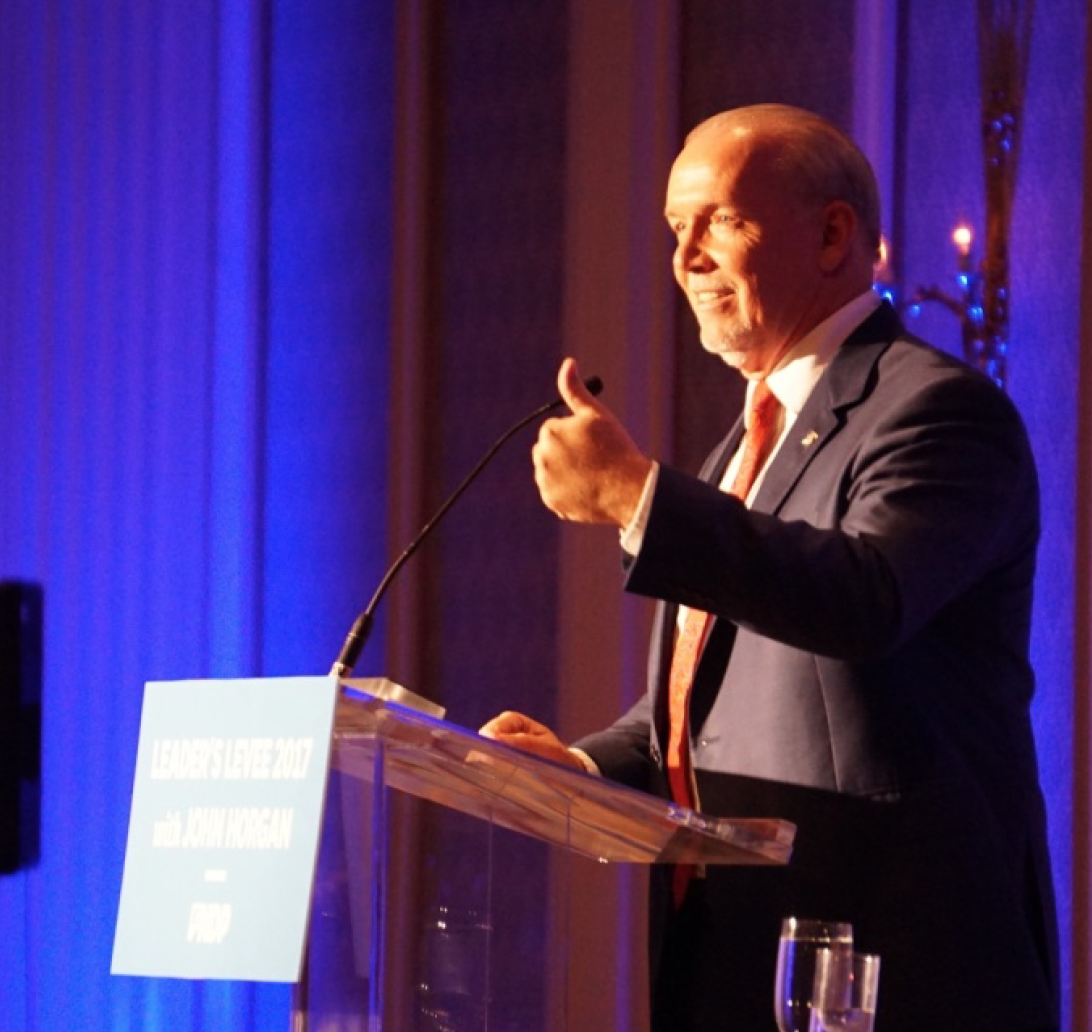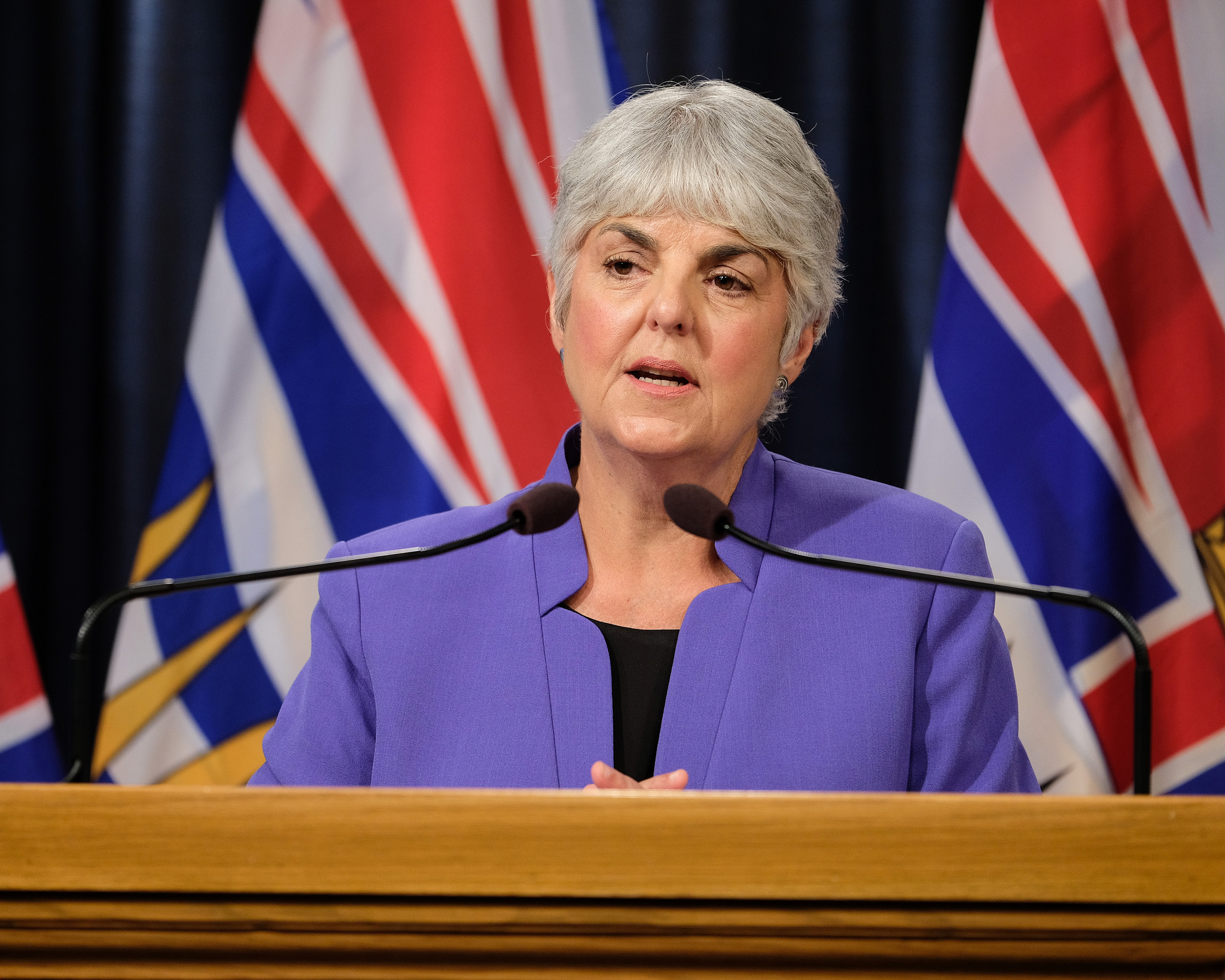Lame duck mayor’s pro-density surprise puts single-family neighbourhoods in jeopardy, one-ups potential successor
Bob Mackin
On the last night of spring, with four months until election night, lame duck Vision Vancouver Mayor Gregor Robertson dropped a bombshell in a committee meeting that could make the single-family house an endangered species in the City of Vancouver.
In doing so, Robertson stole thunder from the rookie councillor who wants to succeed him. He also sparked a passionate objection from one councillor and caused another to abstain from voting altogether.
A staff report that made nine pro-density recommendations, including relaxing zoning rules in Kitsilano and Kensington-Cedar Cottage, came to the policy and strategic priorities committee on the evening of June 20. At the 11th hour, Robertson, who lives in a $3.125 million English Bay penthouse, tabled a 10th recommendation to order staff to develop policies to allow triplexes, quadplexes and other multi-unit forms in low-density neighbourhoods, reduce or eliminate parking quotas, and reduce or eliminate setback requirements and design guidelines.

Robertson (left) and Bremner (CoV)
It is a move that will please real estate agents, construction companies and so-called “supplyists,” who believe building more housing is the only way out of the city’s housing crisis.
NPA Coun. George Affleck said there was “zero input” from citizens because they had no warning of Robertson’s proposal.
“It is pretty clear to me what it says,” Affleck said. “It provides direct policy changes of the entire city.
“We’re talking about a swath of all single-family homes in the city,” Affleck said. “If staff had included that [in the report], we would have had 500 people lined up here, yelling and screaming at us. This is a significant addition and change to this report that is unfair to drop on us here, tonight. It’s just not fair.”
Green Coun. Adriane Carr said she supported the first nine items in principle, but she abstained from voting because “I don’t believe we’ve had the public support and the conversation that’s needed to land us there.”
“What the mayor just put in, the idea of removing design guidelines,” Carr said. “I mean, there is a lot of people who feel strongly we do need design guidelines, and we do need them because it is about the quality of appearance of our neighbourhoods.”
Affleck and Carr have often slammed Vision Vancouver for late additions of proposals to council agendas, which have precluded public debate on a variety of controversial topics.
Robertson’s move strategically upstaged Coun. Hector Bremner. The rookie city councillor and mayoral wannabe is a vociferous advocate of increasing density and development across the city under his “fix housing” slogan.
Bremner called Robertson’s motion “helpful” and “positive” and voted along with the Vision Vancouver majority after saying he would have preferred the 10th recommendation to have been in the staff report. “We don’t have to have this sort of process,” Bremner said. “It does sow a bit of a division.”
Bremner’s mayoral hopes were derailed by the NPA board in May, after conflict of interest complaints were filed against him with city hall over his work as a lobbyist. Bremner, an ally of the pro-density Abundant Housing Vancouver campaign, is planning to start his own civic party to run for mayor.
Robertson tried to downplay his motion, saying that it would likely be for the next city council to deal with after the Oct. 20 civic election. 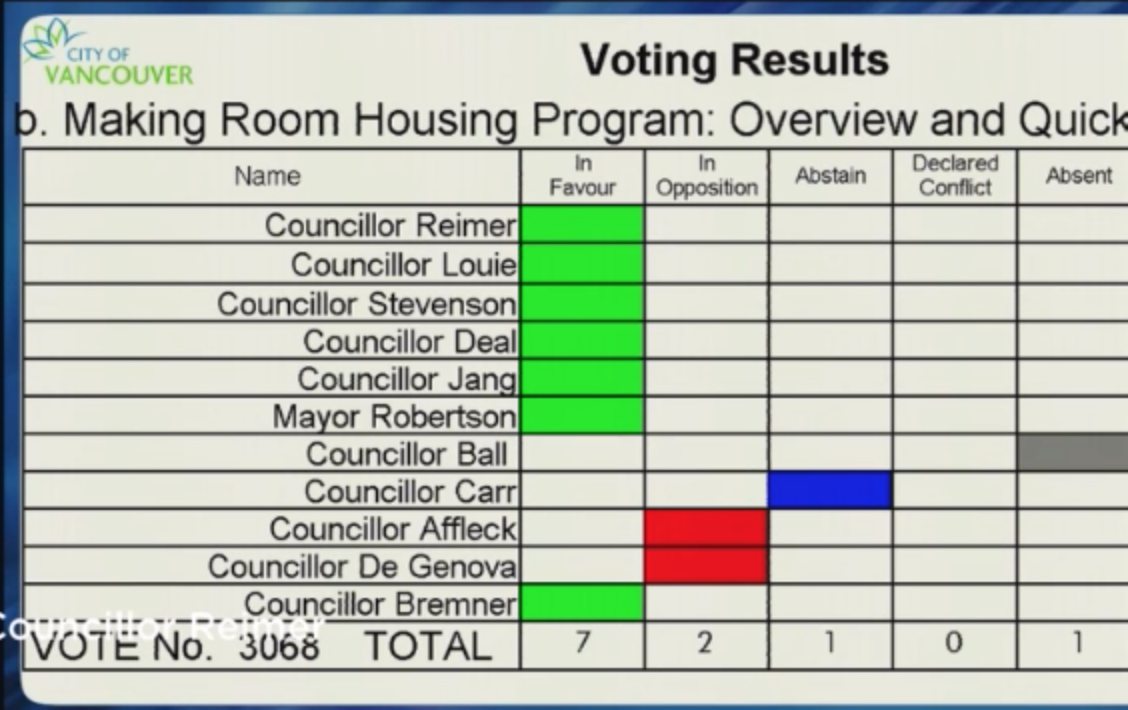
Robertson said “we need to go farther and further,” because Vancouverites want more affordable, ground-oriented housing.
However, he left the door open to the possibility that change may come sooner.
“This is asking staff to bring forward policies to council; it may not be this council, unless they are speedy in their work over the summer and come back with all kinds of exciting opportunities in September for the low density neighbourhoods,” Robertson said. “But it will certainly enable the next council to benefit from staff doing work and leveraging the work they’ve already done in the community.”
The nine clauses in the staff report passed unanimously. Affleck and fellow NPA member Coun. Melissa De Genova cast the dissenting votes on Robertson’s additional clause.
Carr abstained and NPA Coun. Elizabeth Ball was absent.
The meeting was held at the end of a day in which the NDP B.C. government coincidentally published a white paper on its plan to start a beneficial ownership registry of land owners in the province to combat real estate money laundering and tax evasion.
Support theBreaker.news for as low as $2 a month on Patreon. Find out how. Click here.
Bob Mackin On the last night of spring,






